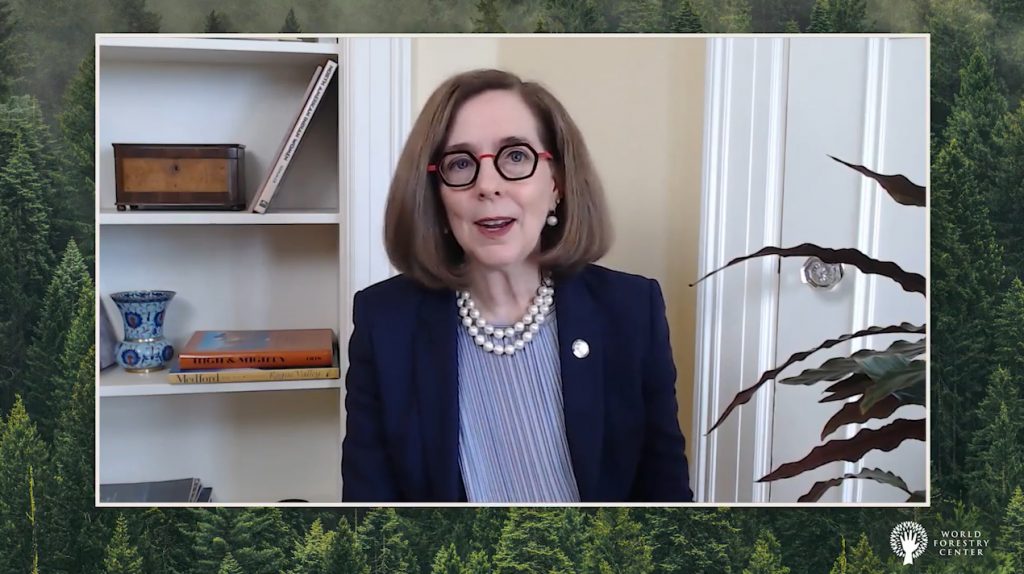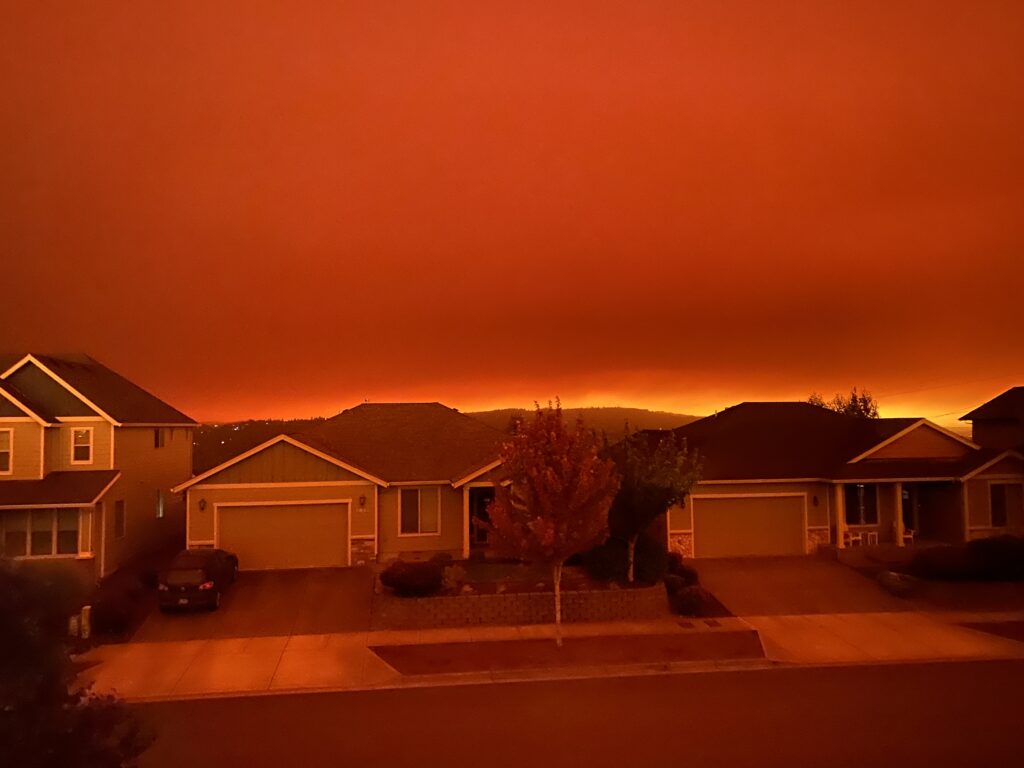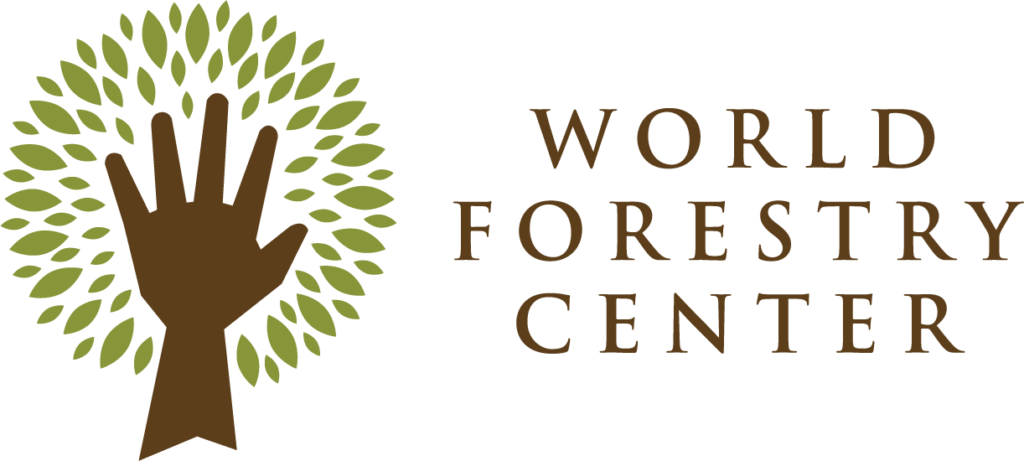“Inaction on fire is not an option,” Governor declares.

Governor Brown—at a Wildfire Summit today with Senators Jeff Merkley and Ron Wyden, as well as State Senator Lew Frederick—declared her commitment to passing meaningful wildfire legislation this session, and stated that federal dollars could become available to fund it.
“My team is ‘all in’ to make sure the legislature will pass a bill this session so we can act,” said Brown. “Because of the Biden-Harris administration efforts, we do have the resources, so funding should not be an excuse. We have the dollars. We just need to create the political will to make it happen.”
The remarks reference anticipated infrastructure dollars, and occurred in the final episode of a 5-part virtual summit convened by World Forestry Center, “Adapting to the Era of Megafires: A Community & Expert Summit on Catastrophic Wildfire in Oregon and Beyond.” Elected leaders discussed the devastation of recent megafires, the causes, what can be done—and the costs of inaction.
“These are not your grandfather’s fires. They’re bigger, they’re more powerful,” said Wyden. “You fail to act now, you fail to lead now, and there are going to be dire consequences for Oregon.”

The panel discussed the Governor’s Council on Wildfire Response’s 2019 wildfire recommendations to adapt and modernize, including:
- Creating fire-adapted communities, such as by upgrading transmission systems, zoning and building codes, health care, and disaster recovery.
- Restoring and maintaining resilient landscapes, such as by treating forests and rangelands, thinning and making strategic use of fire, and reducing fuel loads, all of which would create a restoration economy that produces jobs and revitalizes rural economies.
- Responding safely and effectively to wildfire, by protecting people, communities, property, and critical habitat; and ensuring firefighters have what they need to do their job.
“There is no magic solution,” said Merkley. “The forests are going to keep getting drier. We’re going to keep having significant forest fire challenges. But we are not helpless. There are things we can do together to make our forests healthier, more resilient, better ecosystems, and produce more jobs. Let’s go to work across the political spectrum to bring people together and pursue those things that are working best.”
“With megafires coming out of the forests and into our communities year after year, we’re seeing a broad coalition of voices emerge,” said Joseph Furia, Executive Director of World Forestry Center. “Small town mayors and tribal leaders, public health experts and social justice leaders, CEOs and scientists are speaking up. It is clearer than ever that severe wildfires are more than just an ecological or economic issue—they’re fundamentally a social issue.”

In 2020 in Oregon, megafires burned 1.3 million acres (twice the annual average of the last decade), destroyed over 4,000 homes, killed nine people, forced 1 in 8 Oregonians under evacuation orders, and caused over 40,000 actual evacuations. The immediate costs to the public are estimated at over $1 billion. The price tag to Oregon after FEMA aid will be over $300 million—$85 million of which will be paid by local communities. This does not include private property or long-term damage, which are estimated to be 10-30 times near-term expenses. And it is estimated that more than 2 million Oregonians—half the state’s population—live in what’s known as the “wildland urban interface,” placing them at high risk for future wildfire impact.
About the Wildfire Summit
Wildfire ravaged much of Oregon and the western United States in 2020. Towns were destroyed, homes and businesses evacuated, forests incinerated, and lives lost. Viewers will hear from experts and community leaders to understand the full impacts of megafires on our state and our region; discuss real solutions shaped by decades of experience across the globe; and address barriers to achieving these solutions. This free public series is for anyone who cares about the health of our society, our environment, or our economy. worldforestry.org/wildfire
